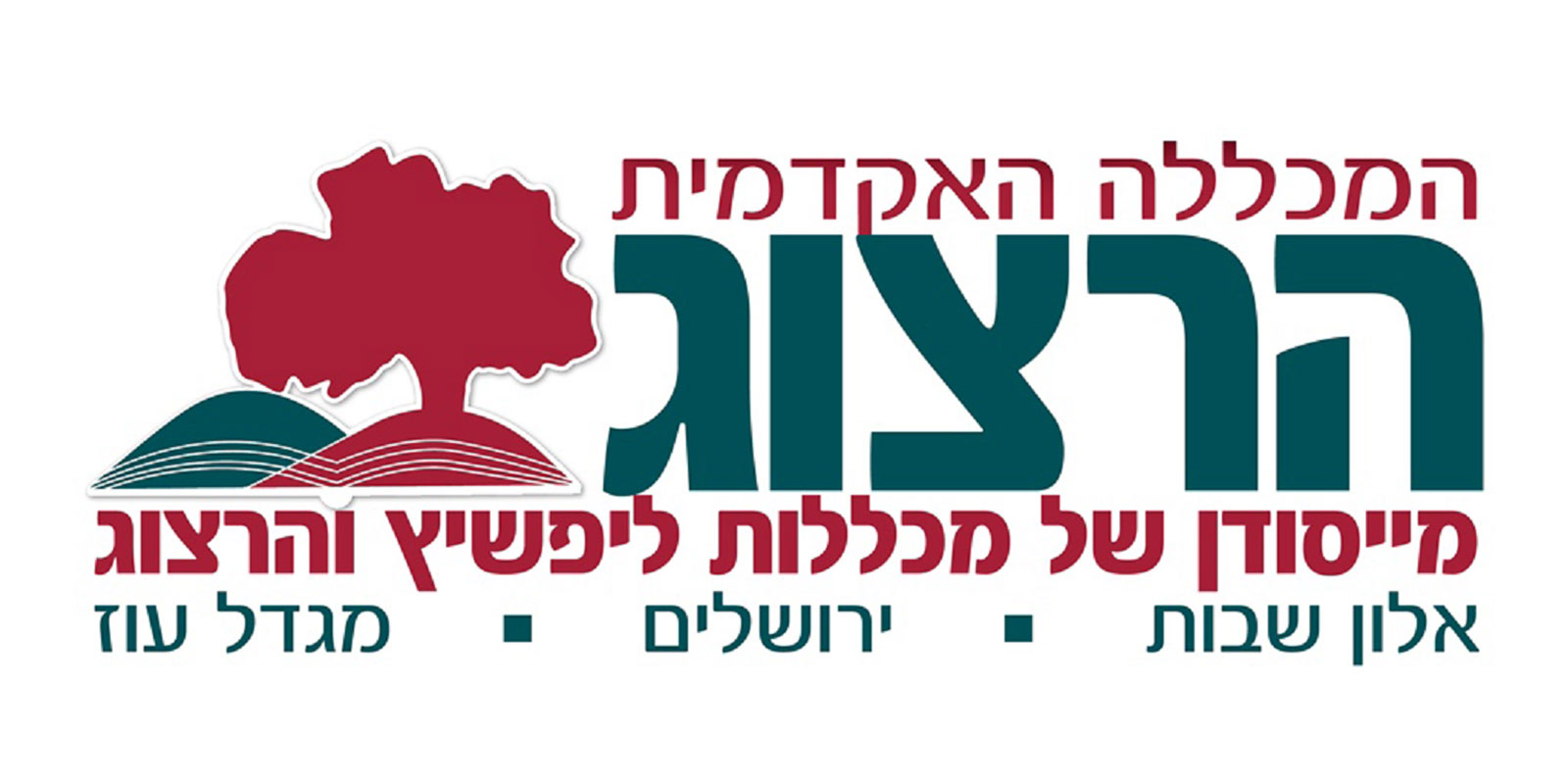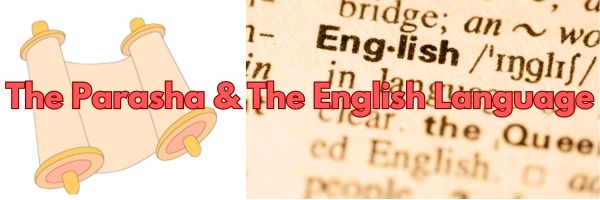In Parashat Bo, as in earlier portions of Exodus, God instructs Moses to deliver a central message to Pharaoh: "Let My People Go, so that they may serve Me" (10:3). This command, repeated throughout the narrative, encapsulates the Israelites' struggle for freedom and has since become an iconic expression in the English-speaking world, symbolizing broader fights against oppression.
The phrase "Let My People Go" gained particular prominence in the spirituals sung by African American slaves, who saw their own plight mirrored in the Israelites' bondage. These spirituals were not only a source of comfort but also a call to action, embodying a collective yearning for deliverance. The phrase also became a key element in 19th-century abolitionist rhetoric, invoked by leaders like Frederick Douglass and Harriet Tubman, both of whom were likened to Moses for their efforts to lead enslaved people to freedom.
Nowadays, some American Jews have adapted the phrase "Let My People Go" in reference to the hostages held by Hamas, demanding their immediate release.
Thus, the phrase "Let My People Go," rooted in Parashat Bo, continues to resonate as a powerful symbol in the ongoing discourse on human rights and justice.




